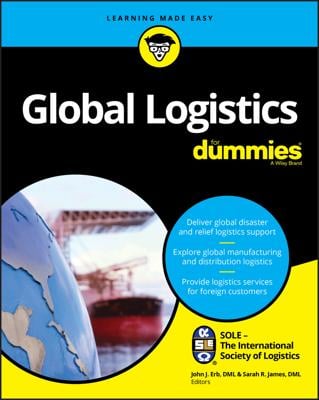Outsourcing is the practice of turning over an entire function (shipping, payroll, benefits administration, security, computer networking) to an outside specialist. In many cases, the outside firm’s employees or consultants work side by side with a company’s regular employees.
In some cases, a function may be moved to a remote location miles away from your office — even occasionally out of the country. This latter approach, often referred to as offshoring, has grabbed headlines and generated much economic and political debate in recent years.
Companies usually outsource to save time and money, either because of necessity or choice. Necessity is the driving factor when a company’s business demands outstrip its ability to handle a particular function without investing heavily in new equipment (or a new facility) or bringing in a large number of new employees.
Choice is the driving factor when companies want to focus all their internal energies on those operations that contribute directly to their competitive advantage — and outsource those that may only be necessary for a discreet period of time or specific function.
You need to grasp the implications of outsourcing so that you can help provide strategic counsel throughout any hiring process — and contribute to decisions about whether to use this alternative in the first place.
After all, any outsourcing effort inherently carries a demand not just for one discreet hire, but for many people — and your input about how to conduct an effective search for skilled contractors or consultants is extremely valuable.

